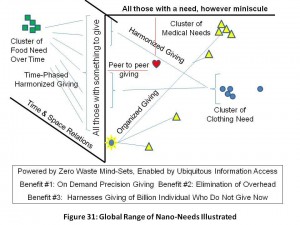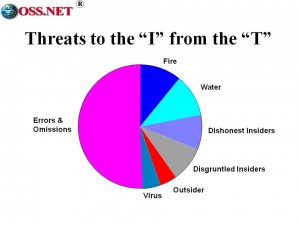
The American strategist and military reformer Colonel John Boyd argued that nations and groups should shape their domestic policies, foreign policies, and military strategies so that they:
- pump up one's own resolve and increase one's own solidarity,
- drain away the resolve of one's adversaries and weaken their internal cohesion,
- reinforce the commitments of allies to one's own cause and make them empathetic to one's success
- attract the uncommitted to our cause or makes them empathetic to one's success
- end conflicts on favorable terms that do not sow the seeds for future conflicts
These criteria are the essence of grand strategy and can be thought of as guidelines for evaluating the wisdom of specific policies or actions. And while they make sense logically and intuitively, the difficulty of defining policies that simultaneously conform to and strengthen to all these criteria is equally obvious. The latter challenge is particularly difficult for the unilateral military strategies and the coercive foreign policies like those preferred by Israel or the United States. Military operations and political coercion are often destructive in the short term, and these destructive strategic effects can be in natural tension with the aims of grand strategy, which should be constructive over the long term.
Moreover, the more powerful a country, the harder it becomes to harmonize the often conflicting criteria for a sensible grand strategy. Overwhelming power breeds hubris and arrogance which, in turn, carry a temptation to use that power coercively and excessively. But lording over or dictating one's will to others breeds resentment. Thus, possession of overwhelming power increases the risk of going astray grand strategically.
That risk is particularly dangerous when aggressive external actions, policies, and rhetoric are designed to prop up or increase internal cohesion for domestic political reasons. Very often, the effects or military strategies or coercive foreign policies that are perceived as useful in terms of domestic political cohesion backfire at the grand-strategic level, because they strengthen our adversaries' will to resist, push our allies into a neutral or even an adversarial corner, or drive away the uncommitted … which together, can set the stage for continuing conflict.
With these general thoughts about grand strategy in mind, read the following article by Uri Avnery and ask yourself if Israel's most recent war in Gaza made sense at the tactical level of conflict?, the strategic level of conflict? … and most importantly, at the grand strategic level of conflict?
Chuck Spinney
Did we win? Sunday marked the first anniversary of the Gaza War, alias Operation Cast Lead, and this question fills the public space.
Continue reading “Journal: Evaluating the Gaza Confrontation”










